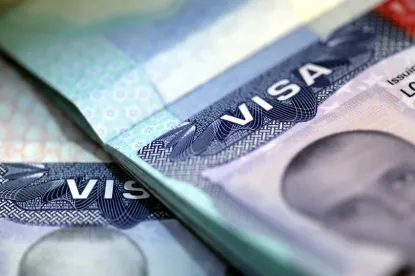The U.S. Department of Homeland Security (DHS) has formally removed the rule that would have redefined the H-1B specialty occupations. The rule was also set to restrict the off-site replacement of H-1B employees and increase employer compliance requirements.
On May 20, 2021, the United States Citizenship and Immigration Services (USCIS), issued a statement confirming that the DHS has removed the Interim Final Rule issued in October 2020, which has since been vacated by a federal district court.
This rule was challenged before the federal court, where the DHS violated the Administrative Procedures Act and failed to produce valid grounds to bypass the notice and comment steps in the rulemaking process. Now, the DHS has altogether removed it from the Code of Federal Rules.
The Rule Seeking to Narrow Specialty Occupation
In October 2020, the Trump administration issued an order seeking to narrow the definition of specialty occupation. The administration said that U.S. companies could use the visa program to extend real offers to real employees. The change was intended to deter employers from hiring foreigners just for low-cost reasons and encourage employers to employ qualified Americans.
Under the proposed rule, a bachelor’s degree in and of itself was not sufficient to comply with the definition of a specialty occupation. Instead, the bachelor’s degree must be in a field specifically related to the job.
The H-1B Visa
Every fiscal year, the U.S. grants 85,000 of the most coveted H-1B, Petition for Nonimmigrant Worker visas. U.S. employers hire qualified foreign workers after exhausting their recruitment efforts to find someone within the U.S.
True to the common perception, approximately 70% of H-1B visas go to Indian professionals. These visas are used mostly by giant tech companies such as Google, Intel, Amazon, Microsoft, etc. Indian-origin companies that have subsidiaries in the U.S. also rely on the H-1B workforce to fill their staffing needs.
Other H-1B Related Actions by the Biden Administration
The Biden administration ended the ban on entry for H-1B visa holders. Given the devastating effect of the COVID situation on the labor market and the economy, a ban was ostensibly in place restricting the entry of H-1B visas from outside the U.S. Additionally, the Biden administration withdrew the proposed rule denying work authorization to spouses of H-1B visa holders.



 />i
/>i

